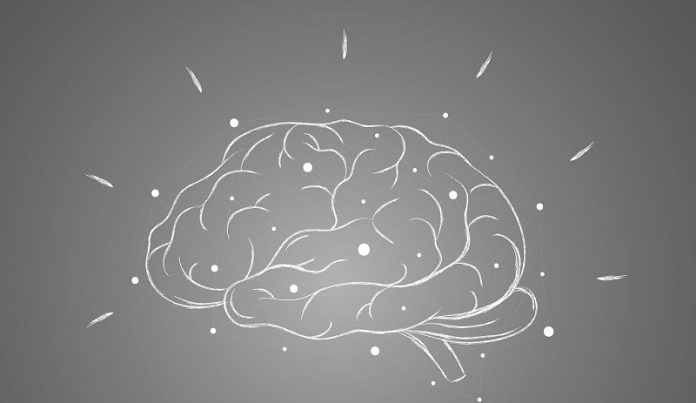
Scientists from UC San Francisco found that a relatively unstudied form of the tau protein linked to neurodegeneration may be a means for better diagnosis and treatment of the disease.
The research is published in Neuropathology and Applied Neurobiology and was conducted by Lea T. Grinberg et al.
Researchers have long known that another type of tau, called phospho-tau, is present in neurons affected by Alzheimer’s disease, forming its characteristic and disruptive tangles.
Efforts to target this type of tau with drugs have thus far been unsuccessful.
The new form of tau, which is broken into fragments that accumulate in the brains of people with Alzheimer’s, is likely to play a role in the degenerative progression associated with the condition.
It is distinct from other tau accumulations that have been the focus of earlier drug development.
Because this type of truncated tau protein is not present in the brains of patients with most other forms of dementia, measuring the fragments in cerebrospinal fluid may be a way to more accurately diagnose or stage the disease.
In addition, the protein fragments and the enzyme that cuts the protein into pieces might prove to be promising drug targets for which there are already drugs in development.
The researchers were able to assess tau in human brains. By observing donated tissue from 37 patients, they found that neurons of some patients with Alzheimer’s disease had both types of tau, while others had only the fragmented tau.
In addition, the abundance of fragmented tau observed in patients who had Alzheimer’s and Pick’s disease was barely seen in patients with other forms of dementia that involves abnormal tau function.
This means that detection of fragmented tau may help distinguish between dementias in living patients, which is not currently easy to do.
The team says this study provides a better idea of how scientists might use drugs to treat Alzheimer’s, develop better diagnostic tests, and identify other neurodegenerative diseases that might best be treated with new drugs.
If you care about Alzheimer’s, please read studies about the likely cause of Alzheimer’s disease , and new non-drug treatment that could help prevent Alzheimer’s.
For more information about brain health, please see recent studies about diet that may help prevent Alzheimer’s, and results showing that some dementia cases could be prevented by changing these 12 things.
Copyright © 2022 Knowridge Science Report. All rights reserved.



